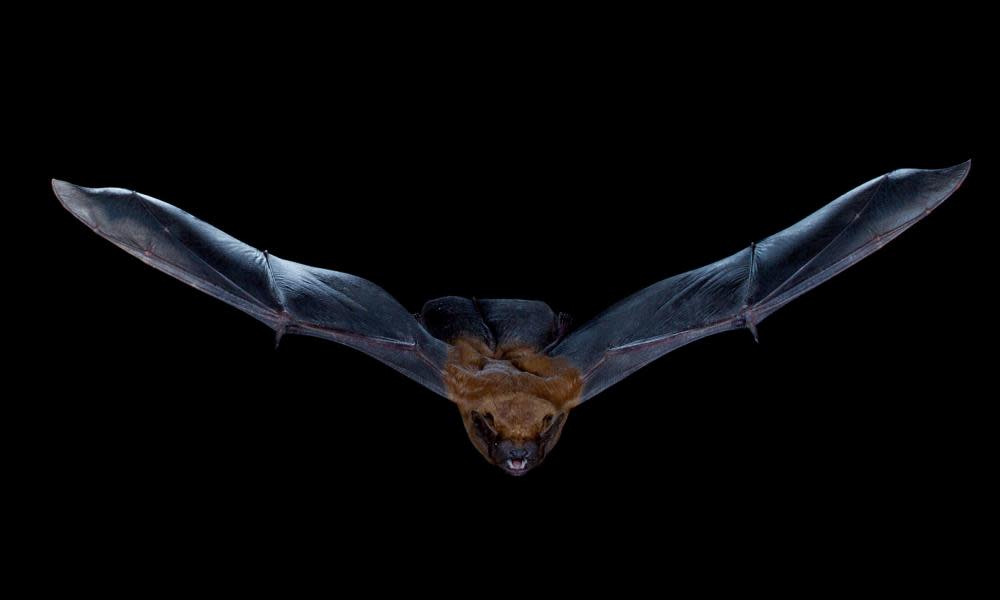Climate emergency drives noctule bat northwards

The climate emergency has created conditions for insects and birds from continental Europe to colonise Britain. It also allows butterflies and dragonflies once confined to southern Britain to flourish further north.
This warmth that widens the range of many species and enriches our summers brings an altogether different problem for our native species that need cold winters for hibernation. They need fairly stable cool conditions so they can sink into a torpor that lasts roughly from November to March. Most live off the fat reserves they have built up in the summer and autumn and wake to breed again in the spring.
Britain’s 18 species of bat need to find safe and dry places to sleep through the winter. The danger is that warm winters can wake them up and they set out to hunt only to find their main food supply, flying insects, are scarce. They risk using up vital fat reserves and starving.
A European study of the noctule bat, Britain’s largest, shows the species is adapting to this threat by moving north to hibernate. The juvenile males appear to be leading the way by finding winter quarters north of where they were born and then staying put to find a mate the next summer. Each generation is gradually shifting northward.


